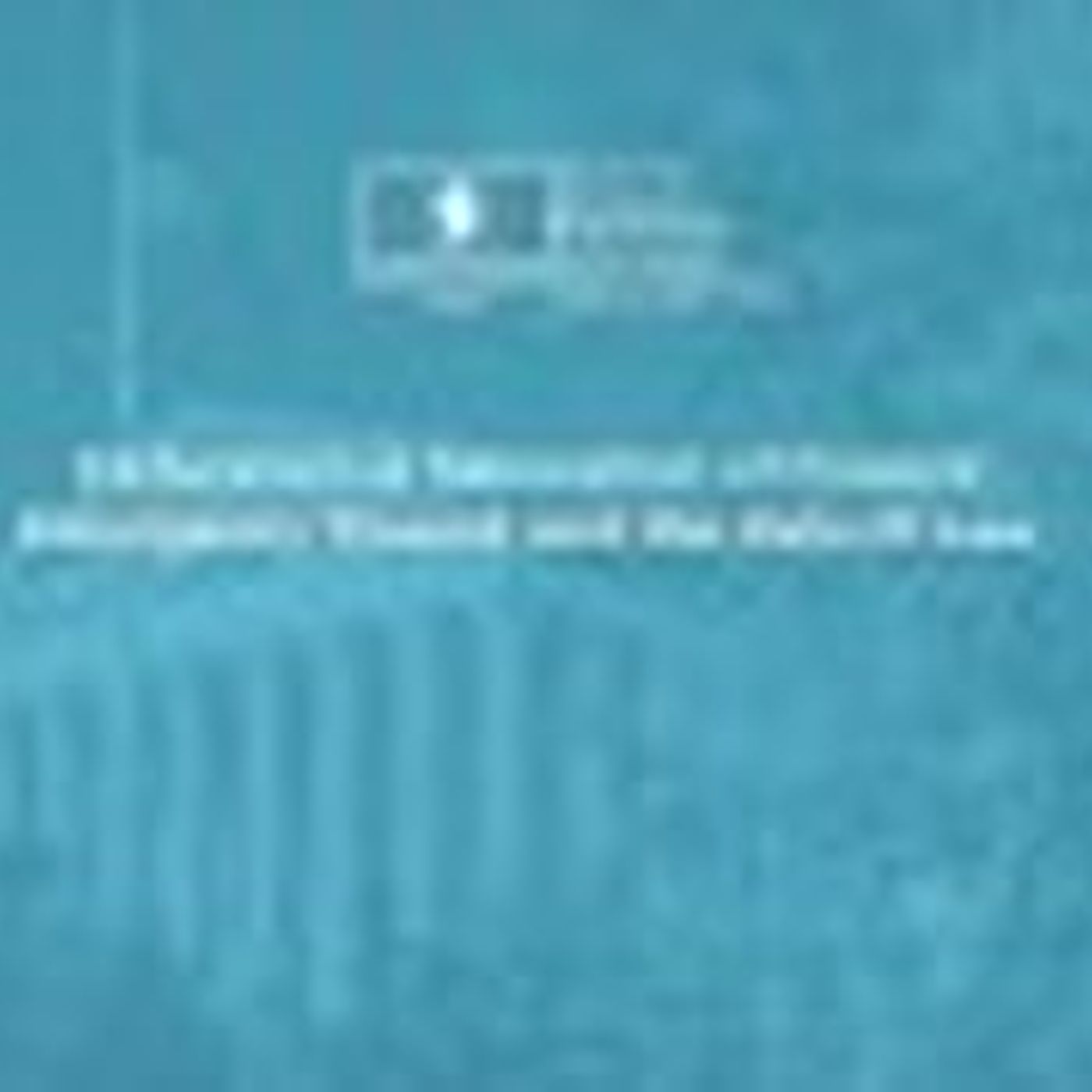- News
- Politics
- SEE MORE
- classical
- general
- talk
- News
- Family
- Bürgerfunk
- pop
- Islam
- soul
- jazz
- Comedy
- humor
- wissenschaft
- opera
- baroque
- gesellschaft
- theater
- Local
- alternative
- electro
- rock
- rap
- lifestyle
- Music
- como
- RNE
- ballads
- greek
- Buddhism
- deportes
- christian
- Technology
- piano
- djs
- Dance
- dutch
- flamenco
- social
- hope
- christian rock
- academia
- afrique
- Business
- musique
- ελληνική-μουσική
- religion
- World radio
- Zarzuela
- travel
- World
- NFL
- media
- Art
- public
- Sports
- Gospel
- st.
- baptist
- Leisure
- Kids & Family
- musical
- club
- Culture
- Health & Fitness
- True Crime
- Fiction
- children
- Society & Culture
- TV & Film
- gold
- kunst
- música
- gay
- Natural
- a
- francais
- bach
- economics
- kultur
- evangelical
- tech
- Opinion
- Government
- gaming
- College
- technik
- History
- Jesus
- Health
- movies
- radio
- services
- Church
- podcast
- Education
- international
- Transportation
- Other
- kids
- podcasts
- philadelphia
- Noticias
- love
- sport
- Salud
- film
- and
- 4chan
- Disco
- Stories
- fashion
- Arts
- interviews
- hardstyle
- entertainment
- humour
- medieval
- literature
- alma
- Cultura
- video
- TV
- Science
- en
Emergency Powers and the Rule of Law [2020 National Lawyers Convention]

On November 13, 2020, The Federalist Society's Federalism & Separation of Powers Practice Group hosted a virtual panel for the 2020 National Lawyers Convention. The panel discussed "Emergency Powers and the Rule of Law."
The coronavirus pandemic spotlighted an issue that’s been increasingly relevant the last few years: the extra powers that government gets in emergencies. At the federal level, presidents have been declaring emergencies under the Watergate-era National Emergencies Act—which doesn’t itself grants powers but triggers over a thousand statutes—in a host of circumstances, sometimes controversial (like President Trump’s southern-border declaration in February 2019), others barely noticed (assorted economic sanctions under various presidents). Many of these seem to be permanent; we’re still living under declarations responding to the 1979 Iranian hostage-taking and 2006 Belarusian election fraud. At the state level, the police power to govern for the public health, safety, welfare, and morals has run into legitimacy problems, both as legislatures grumble that they’re not consulted for months on end and as citizens question seemingly arbitrary lines drawn around “essential” services that interfere with both enumerated and unenumerated constitutional rights. How do we reconcile the need for governments at all levels to move quickly with both federalism and the separation of powers?
Featuring:
Dr. John Eastman, Professor of Law, Dave E. Fowler Law School, Chapman University
Mr. Ilya Shapiro, Director, Robert A. Levy Center for Constitutional Studies, Cato Institute
Ms. Elizabeth B. Wydra, President, Constitutional Accountability Center
Prof. John C. Yoo, Emanuel S. Heller Professor of Law; Co-Faculty Director, Korea Law Center; Director, Public Law & Policy Program, University of California, Berkeley School of Law
Moderator: Hon. James C. Ho, United States Court of Appeals, Fifth Circuit
*******
As always, the Federalist Society takes no position on particular legal or public policy issues; all expressions of opinion are those of the speakers.